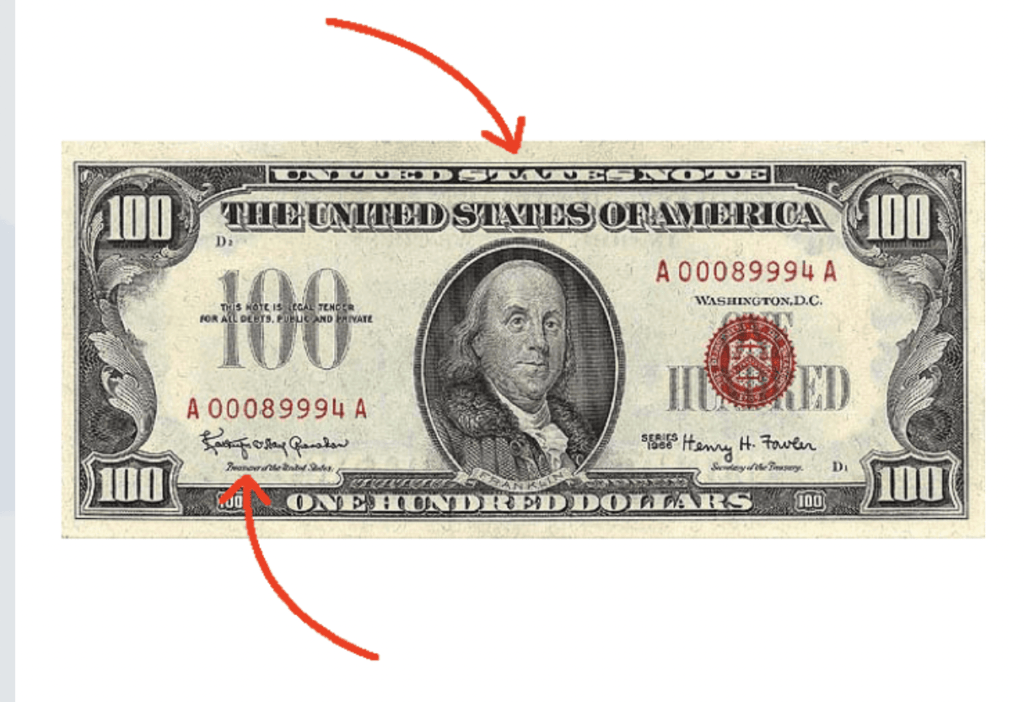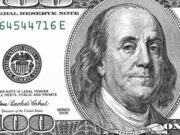The U.S. military may be the most powerful globally, but the dollar is America’s most potent weapon. After over 80 years of supremacy, the United States may be at risk of losing its place as holder of the world’s reserve currency.
Around 60% of the $12.8 trillion in global currency reserves is presently stored in USD, providing the U.S. a significant advantage over other nations. And that honor comes with a price: Interest rates are lower because U.S. government debt secured by the currency is particularly appealing. The U.S. may borrow money from foreign nations in its own currency, which means that if the dollar falls in value, so does the debt. Businesses in the U.S. can conduct overseas transactions in dollars without incurring conversion costs.
Perhaps most crucially, the U.S. may cut off dollar access to central banks throughout the world in difficult situations, isolating and depleting their economies. Former Reserve Bank of India governor Raghuram Rajan called this power an “economic weapon of mass destruction.”
What is most important to keep in mind, for investors especially? Get the rest of the details here:
After Russia invaded Ukraine in February, the U.S. deployed this so-called economic weapon, blocking $630 billion in foreign exchange reserves and severely damaging the ruble’s value. As a result, America was able to punish Russia without involving U.S. troops in a conflict. However, enormous power comes with great responsibility: when you deploy a weapon of mass destruction, even if it’s an economic one, people get frightened. Other countries have already been diversifying their investments away from the U.S. dollar and into other currencies to avoid the same fate as Russia.
That’s where the country’s standing as a reserve currency might be jeopardized. According to Michael Hartnett of Bank of America strategists, weaponizing the currency might lead to its debasement. He went on to say that the “balkanization of global financial systems” is eroding America’s status as the standard reserve currency.
According to a new study by the International Monetary Fund (IMF), the dollar’s proportion of international reserves has declined over the past two decades, roughly coinciding with the U.S. war on terror and counter-terrorism sanctions. Since then, one-quarter of reserves have transferred from the dollar to the Chinese yuan, while the other three-quarters have gone into smaller-country currencies. The authors of the study, Serkin Arslanalp and Chima Simpson-Bell (of the IMF) and Barry Eichengreen (of the University of California), warned, “These observations provide hints of how the international system may evolve going forward.”
Russia and China are likewise attempting to influence the international system’s future. Last week, Russian President Vladimir Putin threatened to halt gas deliveries to nations that do not create a Russian bank account and pay in rubles. With no obvious alternatives, the European Union (EU) obtains around 40% of its gas and 30% of its oil from Russia. Meanwhile, Saudi Arabia is negotiating with Beijing to accept yuan instead of dollars as payment for Chinese oil supplies.
Is the robust American dollar on the verge of losing its power and reach? Nothing is impossible if the previous two years have taught us anything. However, it is quite improbable that the U.S. would lose its unique privilege. For one thing, the alternatives aren’t that appealing. China has been promoting the yuan for years, but the currency accounts for just around 3% of worldwide transactions, compared to 40% for the U.S. dollar.
It’s essential to keep in mind that the United States remains appealing to the rest of the world. The U.S. stock market is the world’s largest and most liquid, and international cash is pouring into the States. According to the UN (United Nations)’s Conference on Trade and Development, global foreign direct investment flows increased by 77% to an anticipated $1.65 trillion in 2021. In contrast, investment in the United States increased by 114% to $323 billion.
READ NEXT >> New Cash Law Will be a Disaster For Savers
New law has expert warning seniors and retirees to beware. There’s a darker truth behind this political event…














